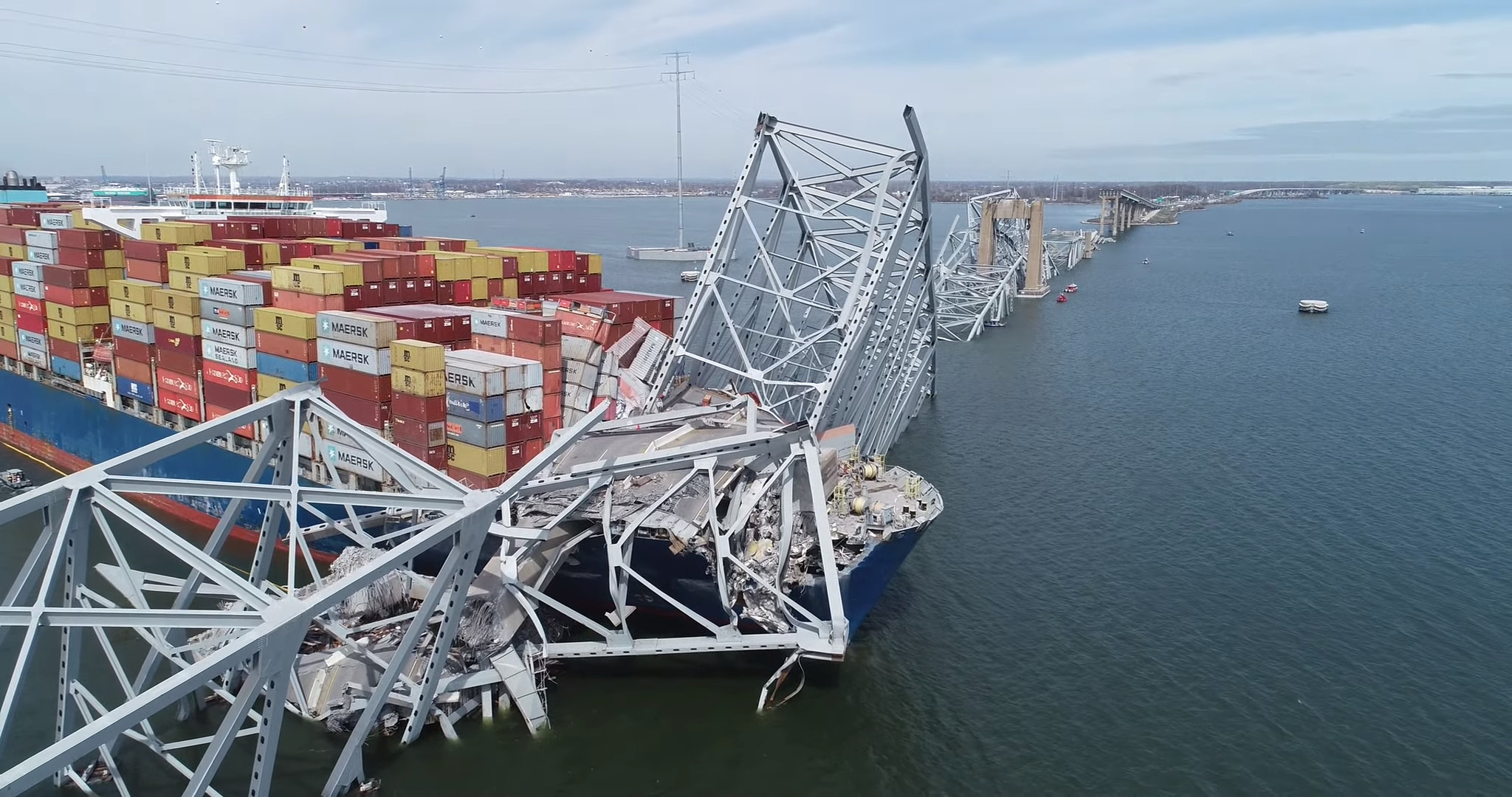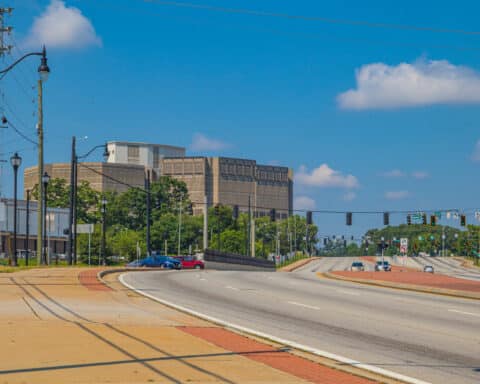In the wake of the unexpected collapse of the Francis Scott Key Bridge at the Port of Baltimore, a pivotal artery for the nation’s supply chain, businesses and consumers alike are bracing for the fallout. The collapse, caused by a container ship’s collision with the bridge, has sparked a logistical scramble to reroute goods, with significant implications for the Eastern Seaboard’s shipping capacity.
The Port of Baltimore, renowned for its efficiency in handling autos and light trucks— leading the U.S. in this sector— now finds its operations in limbo. The immediate task at hand involves diverting ships to alternative ports, a move that Rick Franza, PhD, a professor at Augusta University with a deep understanding of operations and supply chain management, discusses with a note of caution.
“Most ports on the East Coast are at 70% to 80% capacity, which is where you want to be. You don’t want to have much more than that, but they’re going to have to,” Franza said.
The broader ramifications of the bridge’s collapse extend far beyond the inconvenience of rerouting ships. Baltimore’s strategic advantage as an inland port with superior rail connections underscores the complex challenges ahead for the transportation and distribution of goods. “It’s not just the capacity of the port, that’s one thing, but it’s also their capacity of the outbound items,” Franza explains. “It may be more trucks are needed, and new routes are needed to move inventory. It now becomes a whole different set of providers for the trucks because it’s no longer the people in Baltimore.”
Despite the logistical hurdles, Franza offers a silver lining, particularly for the automotive industry, which might see minimal immediate impact due to local manufacturing plants. According to Franza, the good news is that most foreign car manufacturers have plants in the United States so it will likely only affect those consumers looking for a certain brand or even a specific model.
However, Franza does not shy away from addressing the elephant in the room— the economic implications of this disaster.
“The bad news for inflation is that it’s going to raise the cost of transportation for the goods coming off the ships. Will businesses absorb the cost or pass them along to consumers?” This question looms large for consumers, who are already dealing with an economy where companies are perceived to be using every excuse possible to jack up prices.
Disclosure: This article may contain affiliate links, meaning we could earn a commission if you make a purchase through these links.






